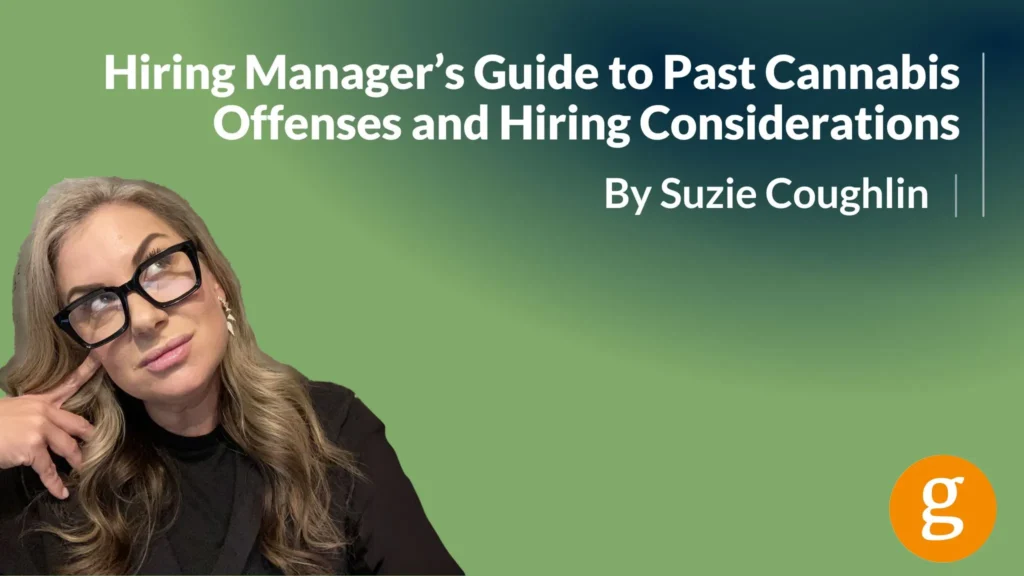How to Properly Manage the Time of Your Salaried Employees
Michelle Gaba | Hiring Advice, Industry News | August 28, 2019

Hospitality employers work hard to attract great workers while also adhering to labor laws. Sometimes the balancing act can be quite challenging. Companies and staff often prefer to be salaried employees, but legal limitations pose logistical challenges.
Many employers ponder how to stay compliant with the Fair Labor Standards Act (FLSA) while also controlling labor costs and keeping salaried employees happy. Here are the most important considerations and possible solutions:
“Exempt” vs. “Non-Exempt” Salaried Employees
Hospitality leaders must remember that some salaried employees are entitled to overtime pay. There is no distinction between hourly workers and “non-exempt” salary staff when it comes to overtime law. Both groups receive overtime when working more than 40 hours per week.
Therefore, many companies classify managers and assistant managers as “exempt” salaried employees. While this change does eliminate the overtime pay requirement, it can’t be applied arbitrarily. There are certain “tests” provided by the Department of Labor (DOL) that must be met in order for an employee to be considered exempt.
The two main tests relate to the salary itself and the nature of duties performed. First, the salary must be a minimum of $455 a week or $23,660 annually. It’s worth noting that the threshold will likely increase in January of 2020 to a salary of $679 a week or $35,308 annually.
Second, the duties must align with those of an actual manager. Generally speaking, these exempt managers must spend the majority of their time engaged in management activities. Qualifying duties include hiring, firing, disciplining, etc.
Manager vs. Assistant Manager
The challenge for hospitality companies hoping to classify managers as “exempt” salaried employees comes mainly with meeting the “duties test” described above. This is particularly true in the case of assistant managers who are usually more engaged in non-supervisory duties. Small teams often require assistant managers to serve in dual functions such as waiting tables or tending bar.
Possible Solutions
There’s no perfect answer for the challenge of FLSA compliance as it relates to salaried employees within the hospitality industry. However, there are effective strategies that can help. One option is to classify managers as “exempt” while keeping assistant managers “non-exempt.”
This arrangement requires the manager to stay diligent in tracking his/her assistant’s hours to prevent excessive overtime pay. The manager will need to pick up the slack, if necessary, at no additional labor cost. One benefit of this solution is that it also provides an incentive for managers to encourage staff efficiency.
Another option is to classify managers and assistant managers as “exempt” and ensure they both meet the “duties test.” This may be challenging for smaller operations. However, large restaurants can meet the standard by delegating the majority of non-management labor to hourly employees.
Staff can then be split into teams where some report directly to the assistant manager and others report to the manager. The assistant manager essentially serves as a second manager who is ultimately under the authority of the main manager. Both, however, are functioning in ways that satisfy the “duties test.”
Summary
Compliance with the FLSA may seem arduous for hospitality companies. But, labor laws ultimately benefit both workers and employers. Commonsense solutions do exist, reducing legal risks while promoting employee morale.
If your company is in search of top-notch hospitality talent, be sure to connect with an industry-leading staffing agency today!
The Top Industry Professionals are Just a Click Away!
If you are looking to hire and need help sourcing great candidates quickly, connect with Goodwin Recruiting.
Share This Article






































